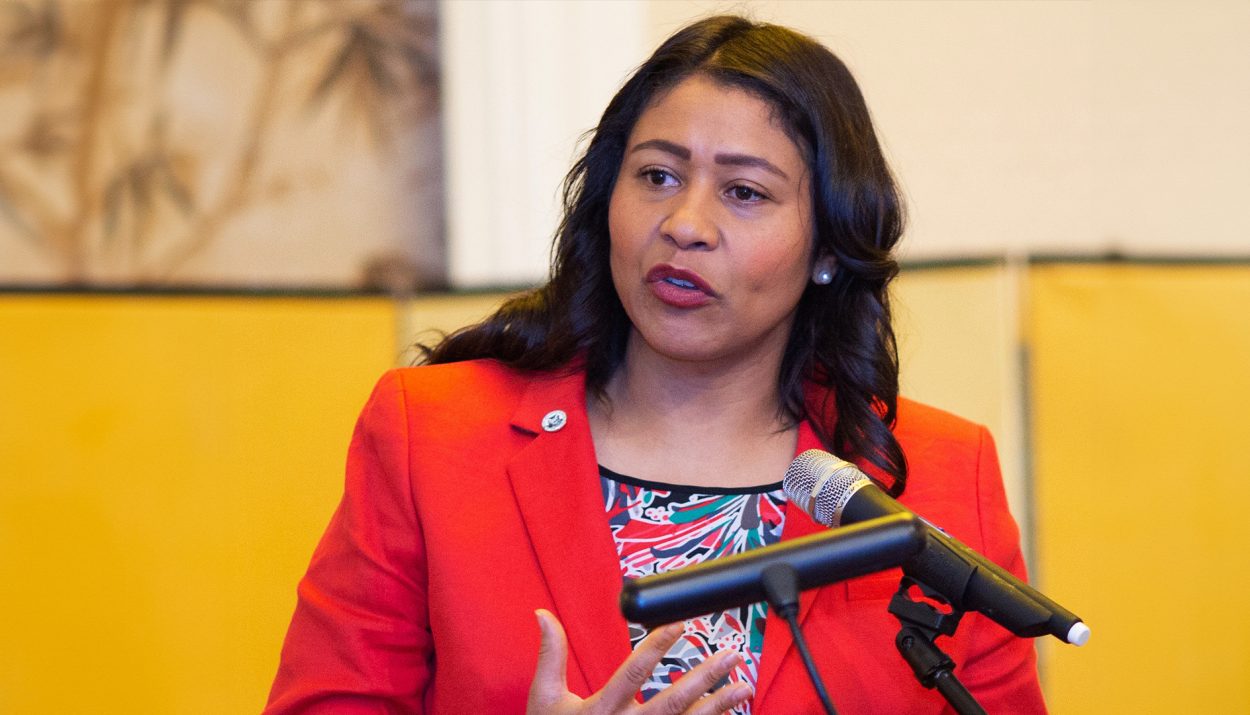The city of San Francisco launched an ambitious guaranteed income program in 2021 called GIFT to provide monthly payments to qualifying pregnant people and artists. However, the program now faces intense scrutiny and potential legal action over allegations that its funding violates federal and state laws.
With over 4,000 participants already enrolled, the future of GIFT hangs in the balance as the city scrambles to address concerns about unlawful funding practices. The unfolding controversy has sparked heated debate about the legality and ethics of using public funds for guaranteed income programs.
The Guaranteed Income for Trans People (GIFT) Lawsuit Issues
The Guaranteed Income for Trans People (GIFT) program, a reparative initiative by San Francisco to address financial inequities faced by the transgender community, is facing legal challenges. Judicial Watch, a conservative organization known for opposing diversity and inclusion measures, filed a lawsuit claiming GIFT violates the equal protection clause of the California Constitution.
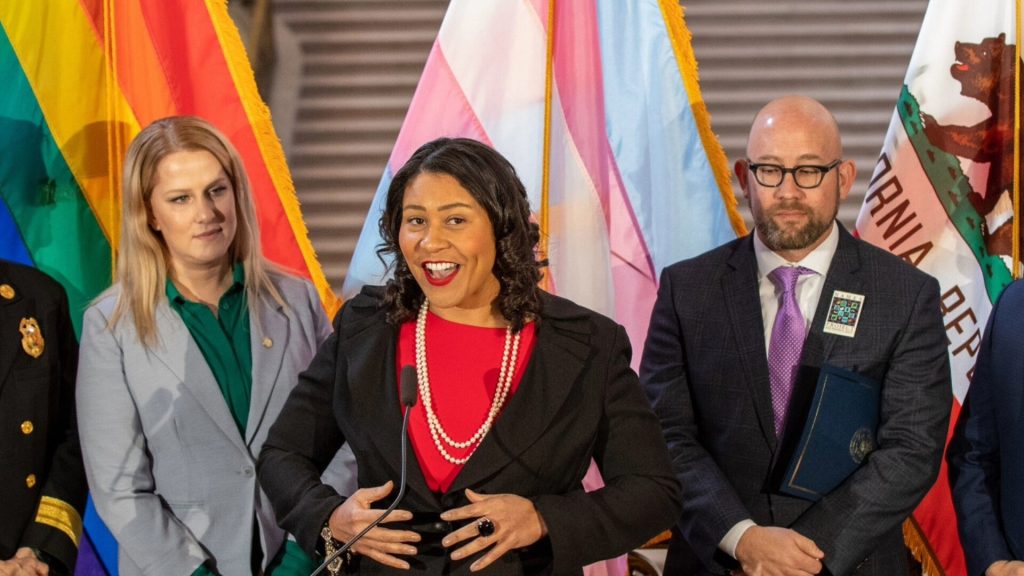
Judicial Watch alleges the program unlawfully uses taxpayer funds to provide direct cash payments specifically to transgender residents. The organization argues such targeted assistance contravenes constitutional protections by favoring one group over others. Supporters counter that the initiative aims to remedy systemic discrimination and promote equity. The case is pending in the Superior Court of California.
A Violation of State Law
Judicial Watch, a conservative legal group, argues that San Francisco’s Guaranteed Income Program violates state law. According to a statement issued by Tom Fitton, president of Judicial Watch, the program uses taxpayer funds to provide cash benefits based on discriminatory criteria that violate California’s constitution.
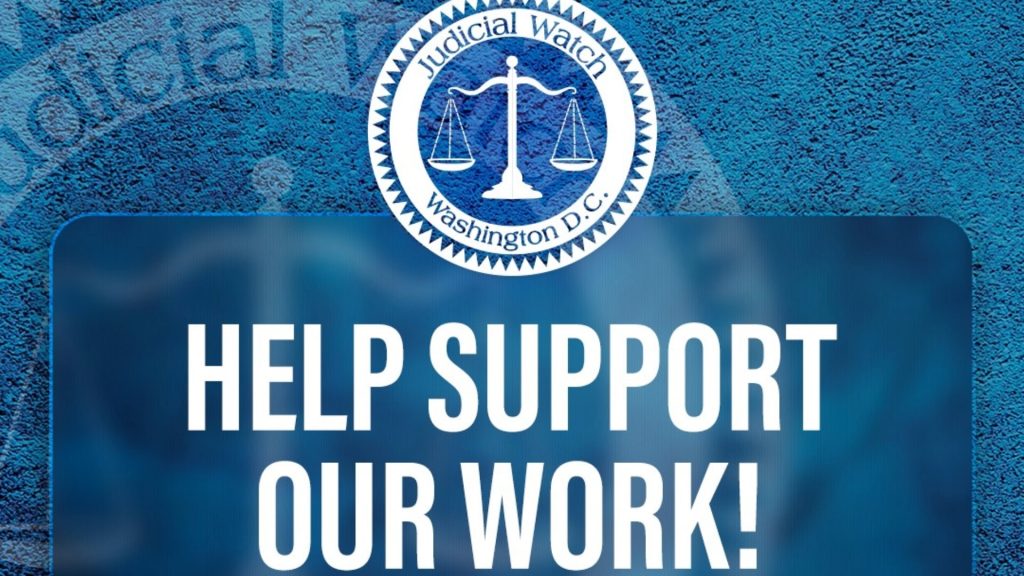
Fitton contends that the program’s eligibility criteria constitute unlawful discrimination. To qualify for the program, individuals must self-identify as transgender, non-binary, or intersex. Fitton argues this violates the California constitution’s equal protection clause by limiting benefits to individuals of a particular gender identity. He claims the city is essentially “bribing” people to change their gender identification to receive cash payments.
No Response from The City
The city of San Francisco and named city officials have declined to comment directly on the pending litigation. However, a spokesperson for the city attorney’s office stated that the city will review the complaint and respond in court. According to legal experts, it is common practice for cities and public officials not to comment publicly on lawsuits to avoid prejudicing their legal position.
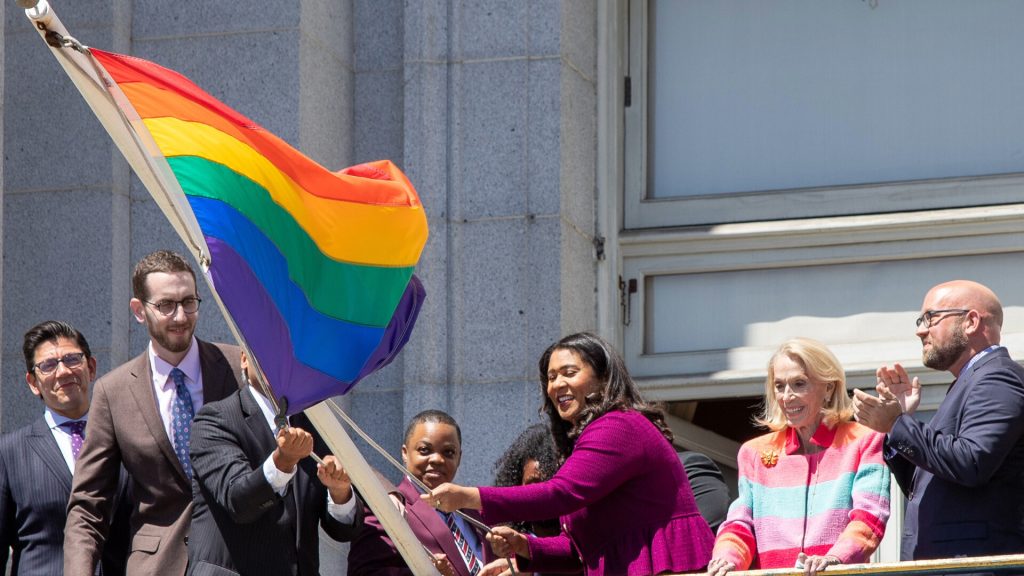
The plaintiffs in the case, San Francisco residents and taxpayers are asking the court for both injunctive relief and monetary damages. The requested injunction would bar the city from making any further disbursements from the GIFT program. The plaintiffs argue that the funding mechanism for the program, which reallocates a portion of the city’s general fund without voter approval, violates state law.
Understanding Guaranteed Income and Universal Basic Income
Unlike universal basic income (UBI) programs that provide unconditional financial support to all citizens, guaranteed income programs aim to offer consistent economic assistance specifically to vulnerable groups affected by income disparity.
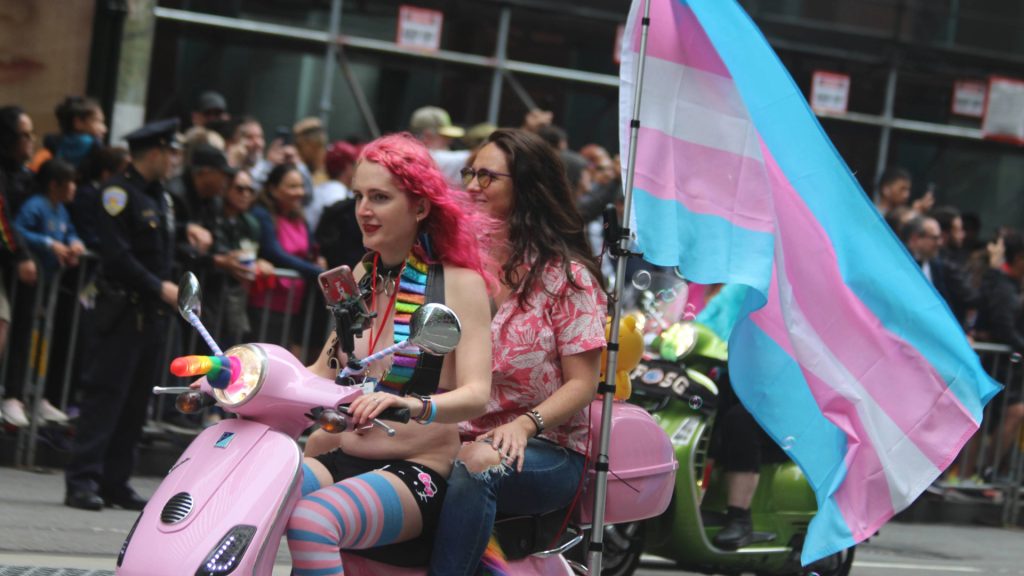
They target populations such as those living in poverty or formerly incarcerated individuals. The core objective of guaranteed income programs is to provide a basic level of financial stability and security for those facing economic hardship. While UBI programs distribute funds unconditionally to all recipients, guaranteed income programs are conditional, exclusively supporting select disadvantaged groups
Different Cities Have Different Guaranteed Income Programs
As cities across the United States explore guaranteed income programs, the approaches vary significantly. Some cities, like San Francisco and Long Beach, have adopted pilot initiatives using random selection or based on location or profession, as in programs targeting artists. Early studies of these pilot programs show promise; research found providing individuals with a mere $250 monthly income guarantee can reduce poverty by 40%.

Organizations like the Mayors for Guaranteed Income, the Income Movement, and the Economic Security Project work with city governments to champion these efforts and raise awareness of basic income globally. The Mayors for Guaranteed Income, founded in 2020, has garnered support from city leaders across the U.S.
Critics Raise Concerns Over Dependency Concerns
Some critics argue that guaranteed income programs may foster dependency and lead to an overreliance on government support. They worry these initiatives might stress financial resources without addressing the root causes of poverty and economic inequality.
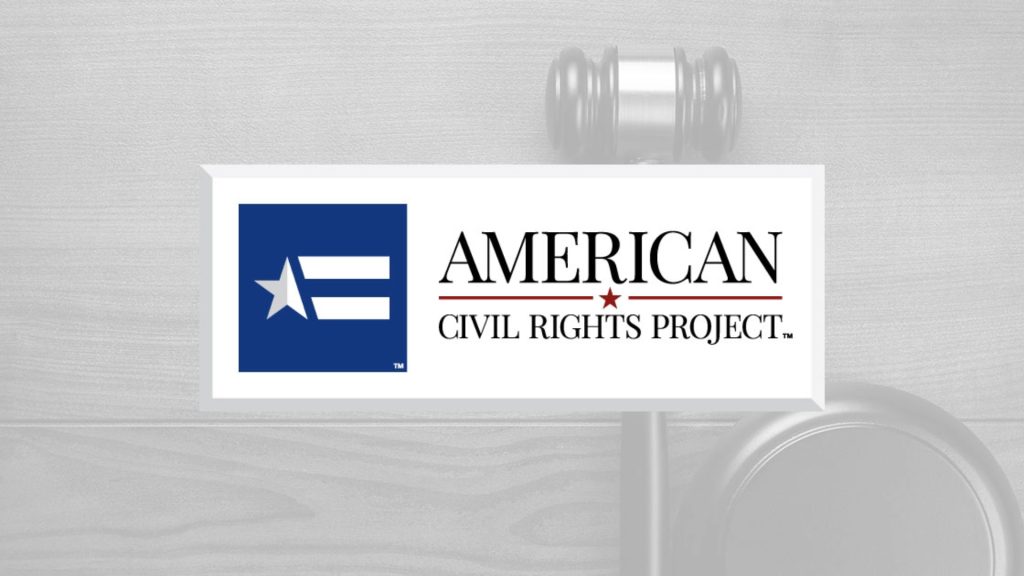
Supporters counter that guaranteed income programs provide people with basic financial security so they can improve their lives in meaningful ways, such as by pursuing education or job opportunities. Studies of guaranteed income programs have found little evidence they discourage work.
Legal Battle Over Discrimination
The San Francisco Guaranteed Income Program (GIFT) faces legal challenges over allegations of unlawful funding and discrimination. The conservative non-profit organization Judicial Watch filed a lawsuit on behalf of San Francisco taxpayers, claiming GIFT violates anti-discrimination laws and the California Constitution by using taxpayer funds to favor certain racial groups and genders.
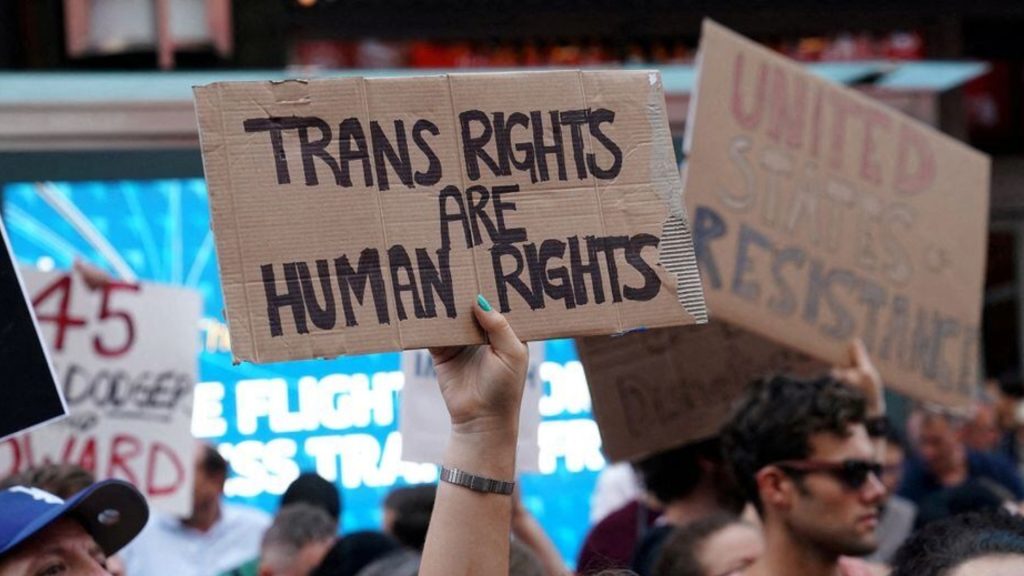
Previously, the Californians for Equal Rights Foundation sued San Francisco over GIFT and similar programs, arguing they violate federal anti-discrimination laws. Judicial Watch’s current lawsuit targets GIFT for allegedly discriminating and misusing public funds.
The GIFT Program Supports The Transgender Community
The GIFT initiative provides monthly financial assistance to low-income transgender people in San Francisco for up to 18 months. Aimed at remedying economic inequities and addressing challenges specific to the city’s transgender community, Lyon-Martin’s executive director sees GIFT as progress towards rectifying systemic disparities.
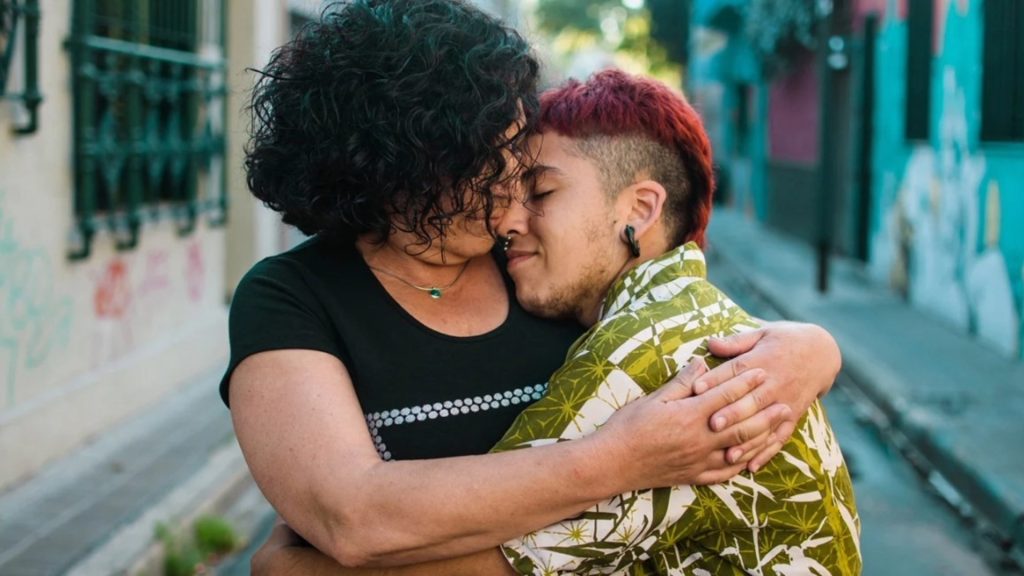
While the initial lawsuit targeted various city programs, Judicial Watch’s legal challenge focuses solely on GIFT, alleging violations of the state constitution by granting preferential treatment based on gender identity, biological sex, race, and ethnicity and prioritizing BIPOC transgender and nonbinary individuals for enrollment. Seeking to halt taxpayer funding for GIFT, the lawsuit claims such spending is unlawful.
A Conflict Between Social Equity and Fairness
The legal opposition to GIFT highlights the ongoing conflict between efforts to promote social equity and legal interpretations of fairness, reflecting broader societal debates over the role of targeted financial assistance in addressing systemic inequalities and the ethical use of public funds. GIFT aims to remedy economic disadvantages and assist with the unique difficulties faced by San Francisco’s transgender community.

However, its opponents argue that providing benefits based on gender identity, sex, race, and ethnicity is unconstitutional. While supporters view GIFT as progress towards rectifying systemic disparities, opponents argue that providing benefits based on gender identity, sex, race, and ethnicity is unconstitutional.
The Future of GIFT Hangs In The Balance
As the GIFT program faces its first legal challenge, the future of guaranteed income initiatives hangs in the balance. While proponents argue these programs lift people out of poverty, opponents decry the use of taxpayer funds without accountability.
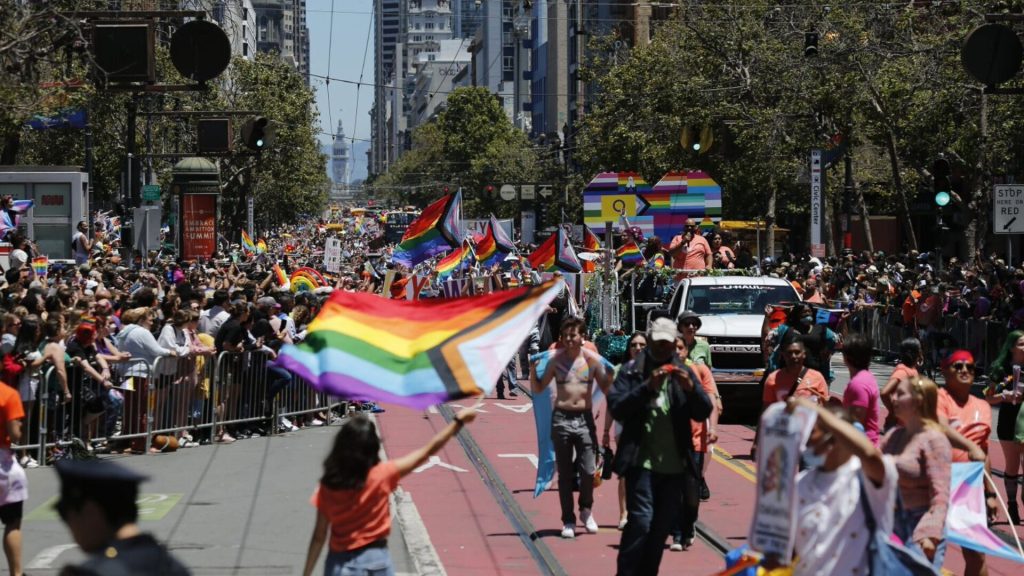
The court’s decision will set a precedent, determining whether guaranteed income qualifies as a lawful social welfare program or an abuse of city resources. Regardless of the outcome, guaranteed income will remain a controversial approach to alleviating economic hardship. This high-profile case serves as an important test of the legal limits and public support for such unconditional cash transfer programs.

